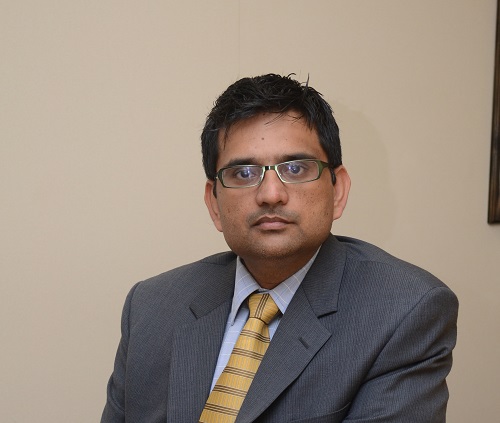 According to a recent Bloomberg survey, market participants are expecting that the RBI will cut repurchase rate only once this year and hold it till the end of 2017. How do you think this will impact the bond market?
According to a recent Bloomberg survey, market participants are expecting that the RBI will cut repurchase rate only once this year and hold it till the end of 2017. How do you think this will impact the bond market?
The RBI has already delivered 150 basis points of rate cuts. We believe that we are near the end of the cycle for rates. However, RBI has shifted the focus away from rate cuts to transmission of lower rates to the yield curve by addressing the persistent liquidity deficit. This will help lower market rates even if rate cuts are limited from here on.
According to you, what should be asset allocation when it comes to debt funds? Is there any particular rule that IFAs or advisors should follow when they are advising clients?
Over time we have seen that long bonds are quite volatile. Short bonds on the other hand are relatively stable. Investors who have a longer holding period and are able to take volatility should consider dynamic or income funds, while investors looking for lower risk should invest in short duration funds.
Your portfolio has NCDs of firms like Hindlaco, Tata Power and REC which have huge debt. If any problem arises with any of these companies, how do the bonds of these companies get affected?
At Axis Mutual Fund, we have been very conscious of credit quality. Over the past few years we have seen an economic slowdown which has resulted in a large number of downgrades by credit rating agencies. In such a situation, we have chosen to invest largely in high quality paper with a high share of AAA (or equivalent) rated debt across our funds. We conduct in-depth research into each company before investing in its debt. As part of this analysis, we look at the financial performance, parent/group support, liquidity, management quality, etc. We follow an ‘investment universe approach’ where fund managers are only permitted to invest in companies within this universe.
Do you think fund managers are taking undue risks in managing debt funds? What risk mitigation strategies have you adopted to shield your portfolio?
The three primary risks in debt funds are interest rate, credit and liquidity. All our schemes have an investment policy which specifies the risk management philosophy of each scheme. In particular, when it comes to credit risk we prefer a high allocation to AAA (and equivalent) companies while ensuring adequate diversification in case of lower rated corporates.
With the rate cut already factored in and now a ray of hope seen in equity market, how are debt funds placed at this juncture? What is your outlook for the debt market for the next one year?
Bond markets tend to be poorly correlated with equities. Bonds tend to do well when the economy is weak and inflation is low while the opposite is true of equity markets. Investors need to look at debt funds to provide stability to their portfolio. In the coming year we expect yields to drop as RBI continues to provide liquidity through open market operations. Bonds, especially short to medium term bonds, are likely to benefit from the liquidity operations of the RBI.
How do Ujwal Discom Assurance Yojana (UDAY) bonds affect power distribution companies (discoms) and the banks that have lent out to these power distribution companies?
Thanks to the UDAY scheme, several highly leveraged and loss making discoms have a chance to repair their finances. From the lender’s perspective, a loan to a loss-making discom is being replaced by a sovereign bond which reduces the risk. Thus, from a bond market point of view, the scheme has resulted in an improvement in credit quality for the borrower (discom) and lender (banks).
Do you think India needs a junk bond market?
Mutual funds invest only in investment grade debt and are not permitted to invest in junk bonds. We see that even in case of investment grade bonds, the liquidity is very poor outside the highest rated companies. There is a need to further develop the bond markets starting with investment grade debt.
Media reports say that companies are returning to bond market with new issues. What is your view on this?
Over the past couple of years, we have seen several companies tap the money and capital markets rather than turn to banks for finance. One of the primary reasons is that the interest rates in the commercial paper and bond markets are lower than on bank loans. We expect this trend to continue.



